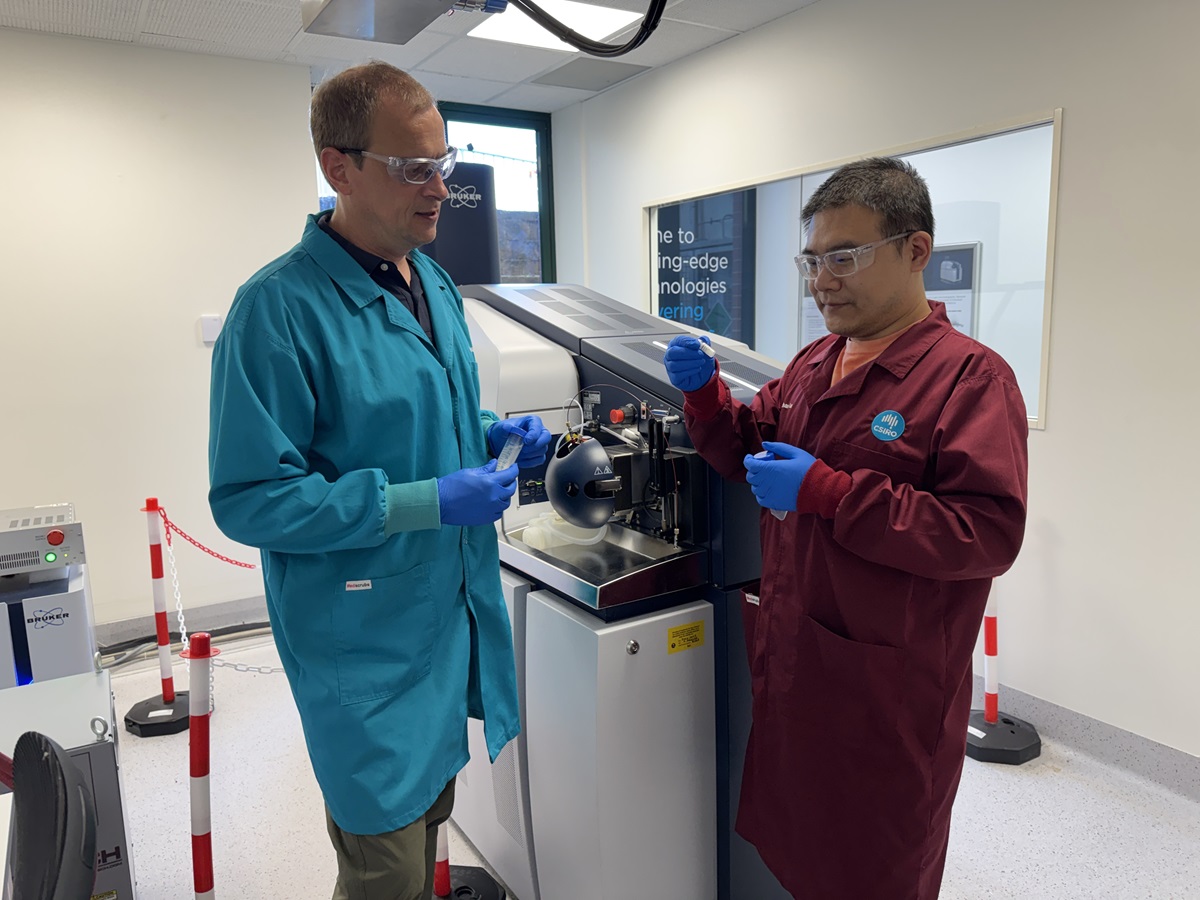A growing movement in Silicon Valley is advocating for advanced genetic screening technologies that could redefine how families are formed. During a recent dinner in Austin, Texas, a group of affluent women gathered to hear Noor Siddiqui, founder of the embryo-screening company Orchid Health, discuss her vision for optimizing offspring through data-driven genetic analysis. Siddiqui, a rising figure in the fertility start-up sector, emphasized how her company screens embryos for thousands of potential genetic disorders, offering parents unprecedented insights into their future children’s health.
Siddiqui’s approach uses advanced algorithms to sequence an embryo’s entire genome, which consists of around 3 billion base pairs, a feat she claims allows for the detection of over 1,200 genetic conditions. Currently, the service costs $2,500 per embryo on top of an average $20,000 for a single cycle of in vitro fertilization (IVF). While her clientele mainly consists of wealthy individuals in technology circles, the implications of such technologies raise significant ethical and societal questions.
Changing the Landscape of Reproduction
Siddiqui envisions a future where genetic preselection could become a standard part of family planning. “For something as consequential as your child, I don’t think people want to roll the dice,” she stated, highlighting a mindset that prioritizes genetic assurance over traditional reproductive methods. Her comments reflect a broader cultural shift, where individuals increasingly view genetic technologies as essential to ensuring healthy progeny.
The movement is gaining traction among influential figures in Silicon Valley and Washington. Notable advocates include Peter Thiel, a conservative billionaire investor, and Vice President J.D. Vance, both of whom argue that declining birth rates pose a threat to the future of industrialized nations. This perspective, known as pronatalism, seeks to encourage higher birth rates through improved access to fertility treatments, including IVF.
Recent political actions support this trend, such as a new California law mandating large insurers to cover IVF and fertility services starting July 2024. As demand for these services rises, technological advancements are expected to play a crucial role in making them more accessible and affordable.
Ethical Concerns and Scientific Scrutiny
While Siddiqui’s company offers promising innovations, critics voice concerns about the implications of genetic screening. Some experts liken the use of polygenic risk scores—the method used to predict potential health issues based on multiple genes—to a contemporary form of eugenics. Critics argue that it could deepen social inequalities by allowing the wealthy to gain further advantages in health and intelligence.
Despite these controversies, Siddiqui insists that her technology aims to empower prospective parents. She asserts that the ability to have healthy children should be considered a basic human right. Yet, the scientific community remains divided over the accuracy and ethical ramifications of such screenings. For instance, many geneticists express skepticism about the reliability of sequencing an entire genome from just five embryonic cells, raising questions about the accuracy of the predictions derived from such limited data.
The first baby conceived using Orchid’s technology was born in late 2023, and the company is now present in over 100 IVF clinics across the United States. Yet, despite its expansion, a number of genetic scientists have cast doubt on the validity of Orchid’s methods and the efficacy of polygenic risk scores. Some argue that these scores can lead to unnecessary decisions, potentially causing couples to discard viable embryos based on incomplete or misleading information.
Amidst the ongoing debate, Siddiqui and her supporters maintain that the advantages of enhanced genetic screening far outweigh the risks. “Hundreds of serious monogenic diseases can now be detected before implantation,” said a spokesperson for Orchid, emphasizing the potential for preventing severe health issues.
As reproductive technologies continue to evolve, families will likely face complex decisions influenced by the wealth of genetic information available. While the promise of healthier children is appealing, the ethical implications of such choices require careful consideration, ensuring that advancements in science do not compromise equitable access to reproductive health.






